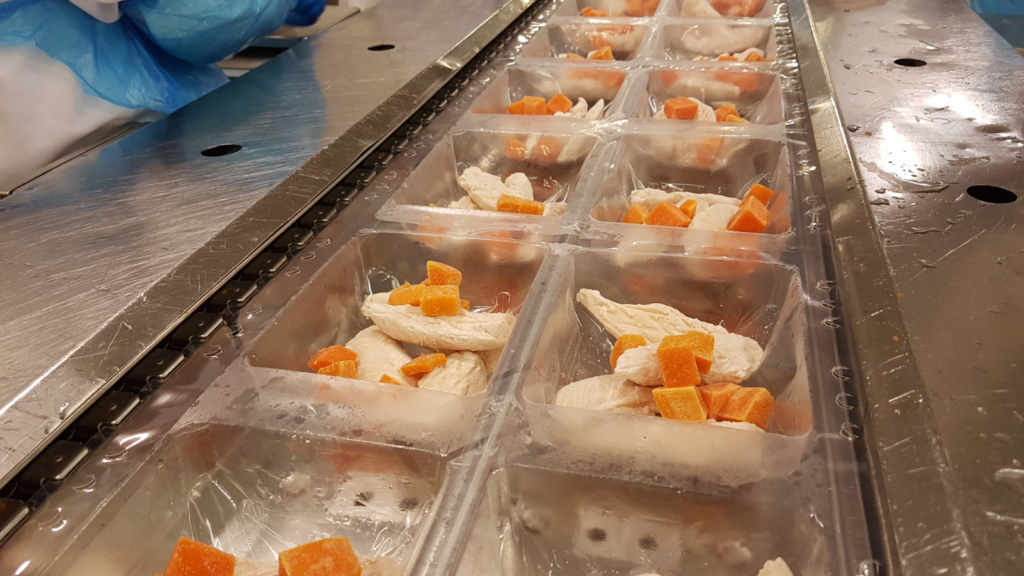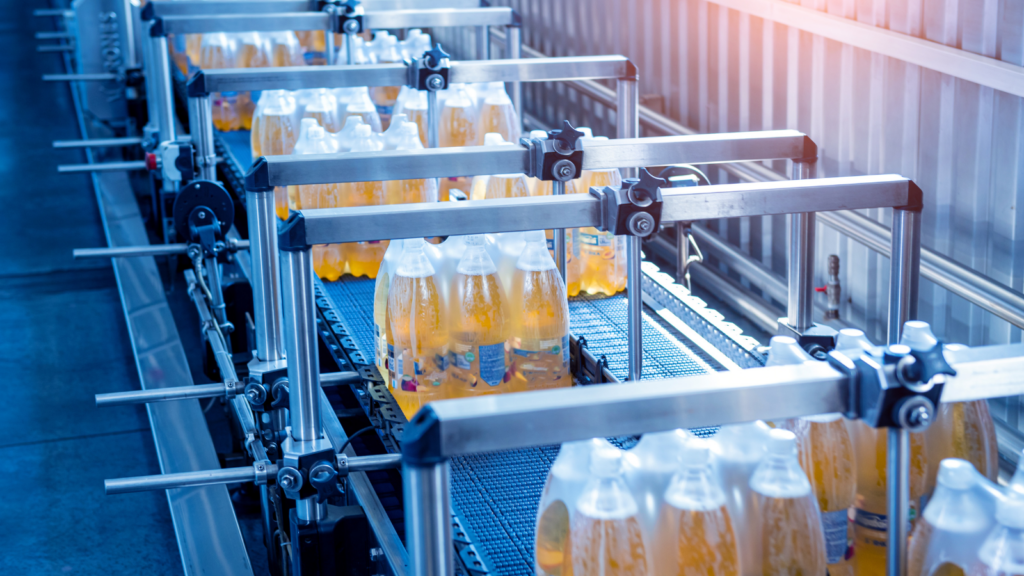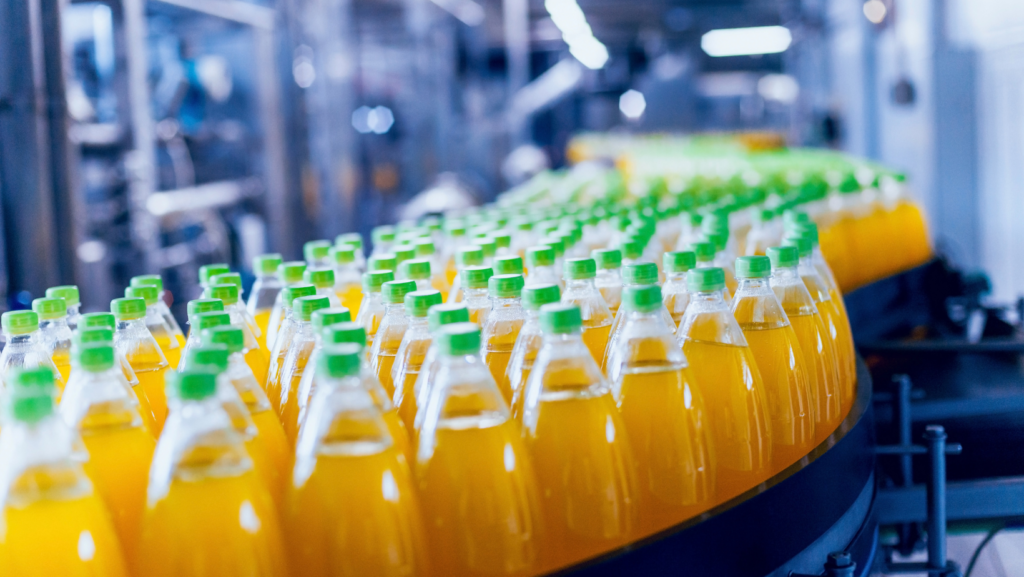In the bustling world of food and beverage manufacturing, there’s a constant blend of artistry and science. This industry, responsible for quenching our thirst and satisfying our hunger, is a complex orchestra of processes and techniques. It’s a realm where innovation is key, and where sustainability and efficiency are more than just buzzwords—they’re essential elements of success.
Food and Beverage Manufacturing
The industry’s focus has shifted towards sustainable sourcing and waste reduction, emphasizing a ‘green’ approach. There is a need to explore diverse innovations, quality control and future trends to conserve resources.
Innovations in Manufacturing Processes
As the main theme of this section suggests, there are numerous significant innovations that have shifted the paradigm in food and beverage manufacturing. These trends have not only made operations more efficient, but they’ve also enhanced product quality, improved safety compliance and empowered sustainable practices.
Automation and Robotics

Automation and robotics serve as key players in the manufacturing arena. Their introduction has fast-tracked production, enhancing consistency and precision, while simultaneously reducing the margin of error. Robots, with their ability to handle intricate tasks and work in unsafe, hazardous conditions, have considerably lessened workforce-related risks.
Greater efficiency, superior speed, improved worker safety and consistent quality all highlight the growing importance of these mechanical wonders in food and beverage manufacturing.
Waste Reduction Techniques
Innovative waste reduction techniques greatly contribute to sustainability efforts within the food and beverage industry. For example, consider a brewing company employing spent grains (the byproduct of the brewing process) as a source of alternative energy. Alternatively, a coffee shop making use of coffee grounds as a natural soil amendment for a local farm. These instances underline how manufacturers are continuously instigating innovative techniques for waste reduction, thus ensuring more efficient and sustainable practices.
The Role of Quality Control in Manufacturing
Quality control takes a pivotal position in the food and beverage manufacturing sector, acting as a safety net against risks.The significance of quality control can be broken down into three primary areas: ensuring consumer safety, maintaining brand reputation, and achieving regulatory compliance.
Ensuring Consumer Safety
Consumer safety hinges heavily on rigorous quality control in food and beverage manufacturing. Quality products, free from contaminants and hazards, result from stringent inspection protocols and processes.
Maintaining Brand Reputation

Brand reputation, a critical asset for any business, receives robust protection from effective quality control. 72% of consumers cite quality as a key influencer in purchase decisions, reinforcing the connection between brand perception and product quality.
Manufacturers trading in poor-quality products witness diminishing consumer loyalty and an avalanche of negative assessment. On the contrary, firms with a strong quality control framework experience reputational benefits and increased customer trust.
Achieving Regulatory Compliance
From a legal perspective, quality control forms the backbone of regulatory compliance in food and beverage manufacturing. Regulatory bodies like the FDA (Food and Drug Administration) in the U.S., set strict standards for food safety and quality. Industries not meeting these standards face severe penalties and risk business closure.
The Future of Food and Beverage Production
The coming years in the realm of food and beverage manufacturing look promising, given the fusion of technology and innovation witnessed today. Changing consumer demands, shifting regulations, and advancements in technology are driving the industry towards a transformative trajectory.
Manufacturing Food and Beverage

So, it’s clear that food and beverage manufacturing is at an exciting crossroads. With the blend of artistry and science, this industry is embracing innovative technologies like AI, IoT, and ML to elevate its processes. Sustainability and efficiency are no longer just buzzwords – they’re integral to the industry’s success and longevity. Quality control, powered by advanced tech, is the linchpin ensuring consumer safety and regulatory compliance. Looking ahead, it’s predicted that automation, sustainability, and consumer trends will continue to drive change. Regulatory shifts will also play a significant role in shaping the industry’s future. Embracing these changes and adapting to evolving technologies is not just an option, but a necessity for those aiming for success in this rapidly transforming landscape.



